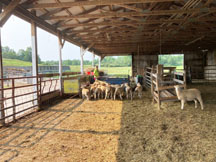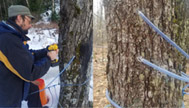
Results from the latest Northern New York Agricultural Development Program (NNYADP) maple research projects will be presented at the Making the Most of Maple workshop on Saturday, December 3, 2022, in Lowville, New York. Northern New York Maple Specialist Adam Wild, director of the Uihlein Maple Research Forest at Lake Placid, will be joined by Cornell University’s Statewide Maple Specialist Aaron Wightman and Cornell Maple Program Product Development Food Scientist Catherine Belisle, Ph.D., as workshop presenters. The 9:00 a.m. to 12 p.m. workshop will be held at the Cornell Cooperative Extension of Lewis County Learning Center, 7395 East Road, Lowville. Contact CCE at 315-376-5270 to reserve your space by November 30.
During the workshop, Wild will preview the results of his 2022 NNYADP project investigation the feasibility of producing sap from American beech trees for syrup production. Sugarmakers want to know if tapping beech trees can be economically worthwhile, while land managers and biodiversity advocates are interested to learn if beech syrup production might give northern forest owners an incentive to keep the beech trees despite issues with beech bark disease and a root system that threatens to crowd out more marketable species.
Wild will also present follow-up results of NNYADP-funded trials of 1/4-inch sap collection tubing and fixtures. Data has shown that sap in 3/16s’ diameter tubing systems can drop off due to clogging as soon as the second year after installation.
NNYADP-prioritized maple research has supported the growth of the northern New York maple industry from a documented $3.25 million annual valuation in 2008 to now more than $20 millin per year with room yet to grow.
NNYADP maple research has included:
. 2008 study of the growth potential of the regional maple industry
. climate adaptation trials
. how to build producer-landowner collaborations
. a cost-benefit analysis of leasing trees for tapping versus lumber harvest
. the cloning of NNY sweet maple trees, and
. ways to increase sap yield and profitability for both gravity-fed and vacuum-pressure systems. Learn more under the Research: Maple, Birch and Honey tab on this website.
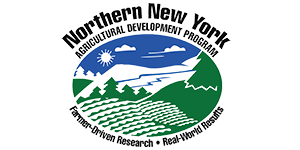 Funding for the Northern New York Agricultural Development Program is supported by the New York State Legislature through the New York State Assembly and is administered by the New York State Department of Agriculture and Markets.
Funding for the Northern New York Agricultural Development Program is supported by the New York State Legislature through the New York State Assembly and is administered by the New York State Department of Agriculture and Markets.
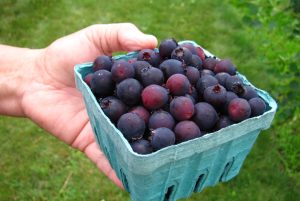
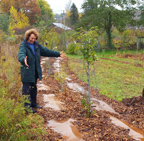
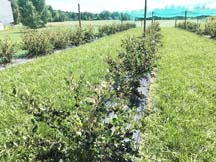
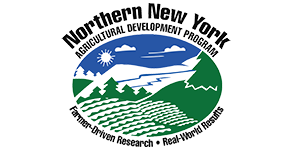 Funding for the Northern New York Agricultural Development Program is supported by the New York State Legislature through the New York State Assembly and administered by the New York State Department of Agriculture and Markets.
Funding for the Northern New York Agricultural Development Program is supported by the New York State Legislature through the New York State Assembly and administered by the New York State Department of Agriculture and Markets.